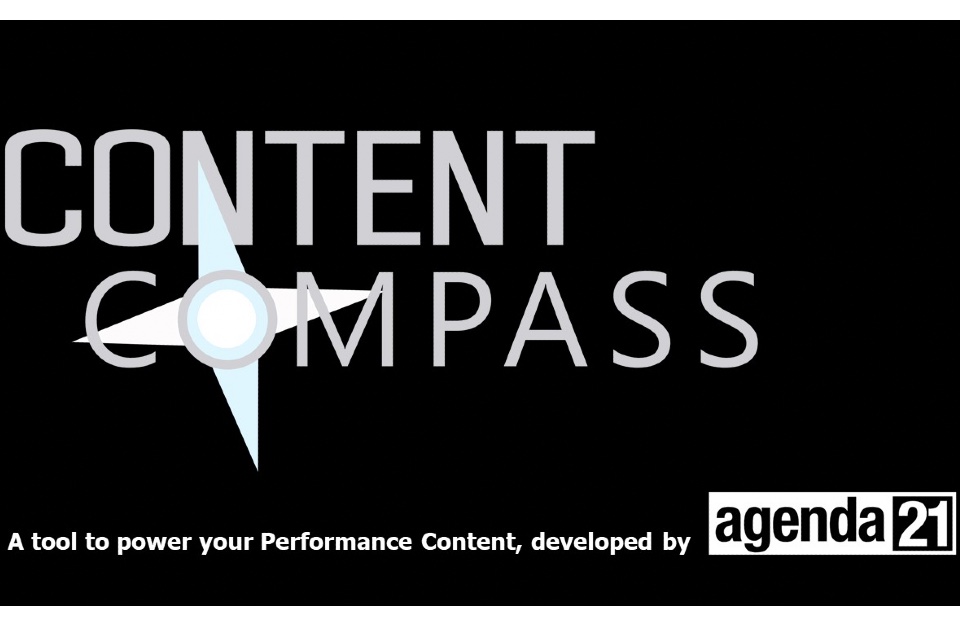CONTENT MANAGEMENT MONTH: Establishing and maintaining an effective framework
Efficient content management is an essential elements of the best marketing departments. It’s not just about producing high-quality content; it’s about managing it in a way that maximises its impact and reach. For marketing professionals looking to establish and maintain effective content management systems, here are some top tips…
- Develop a Clear Content Strategy: Before diving into content creation, it’s crucial to have a clear strategy in place. This should outline your goals, target audience, content themes, and key messages. A well-defined strategy ensures that all content is aligned with your organisation’s overall objectives and brand voice.
- Implement a Robust Content Management System (CMS): A good CMS is the backbone of efficient content management. Choose a CMS that is user-friendly, flexible, and scalable. It should allow for easy collaboration, scheduling, and publishing of content across various platforms.
- Create a Content Calendar: Planning is key. Develop a content calendar that outlines what to publish, when, and on which channels. This not only helps in maintaining a consistent posting schedule but also ensures that your content is timely and relevant.
- Understand and Segment Your Audience: Different segments of your audience may respond to different types of content. Understanding your audience’s preferences and behaviours will allow you to tailor your content accordingly. Segmentation can lead to more targeted and effective content strategies.
- Prioritise Quality and Relevance: In the rush to produce more content, don’t compromise on quality and relevance. High-quality, relevant content will engage your audience more effectively and strengthen your brand’s reputation.
- Optimise Content for Search Engines: SEO should be a key consideration in your content strategy. Use relevant keywords, meta descriptions, and tags to ensure your content ranks well in search engine results, thereby reaching a wider audience.
- Leverage Analytics: Use analytics tools to track the performance of your content. Metrics such as engagement rates, click-through rates, and conversion rates can provide insights into what works and what doesn’t, helping you refine your content strategy over time.
- Encourage Collaboration Across Teams: Content creation shouldn’t be siloed within the marketing team alone. Encourage collaboration across different departments – such as sales, customer service, and product development – for diverse and more insightful content.
- Regularly Update and Repurpose Content: The digital world is ever-changing, and so is the relevance of your content. Regularly review and update your content to ensure it remains accurate and relevant. Also, look for opportunities to repurpose content into different formats to maximise its utility.
- Stay Adaptable and Agile: The content landscape is constantly evolving with new trends and technologies. Stay adaptable and be willing to tweak your content strategy in response to new developments and audience insights.
Efficient content management requires a strategic approach, robust systems and processes, audience understanding, a focus on quality and SEO, use of analytics, cross-departmental collaboration, regular updates, and adaptability. By adhering to these principles, marketing professionals can establish and maintain a content management system that drives engagement and achieves organisational goals.
Are you searching for Content Management solutions for your organisation? The Digital Marketing Solutions Summit can help!
Photo by Austin Distel on Unsplash





